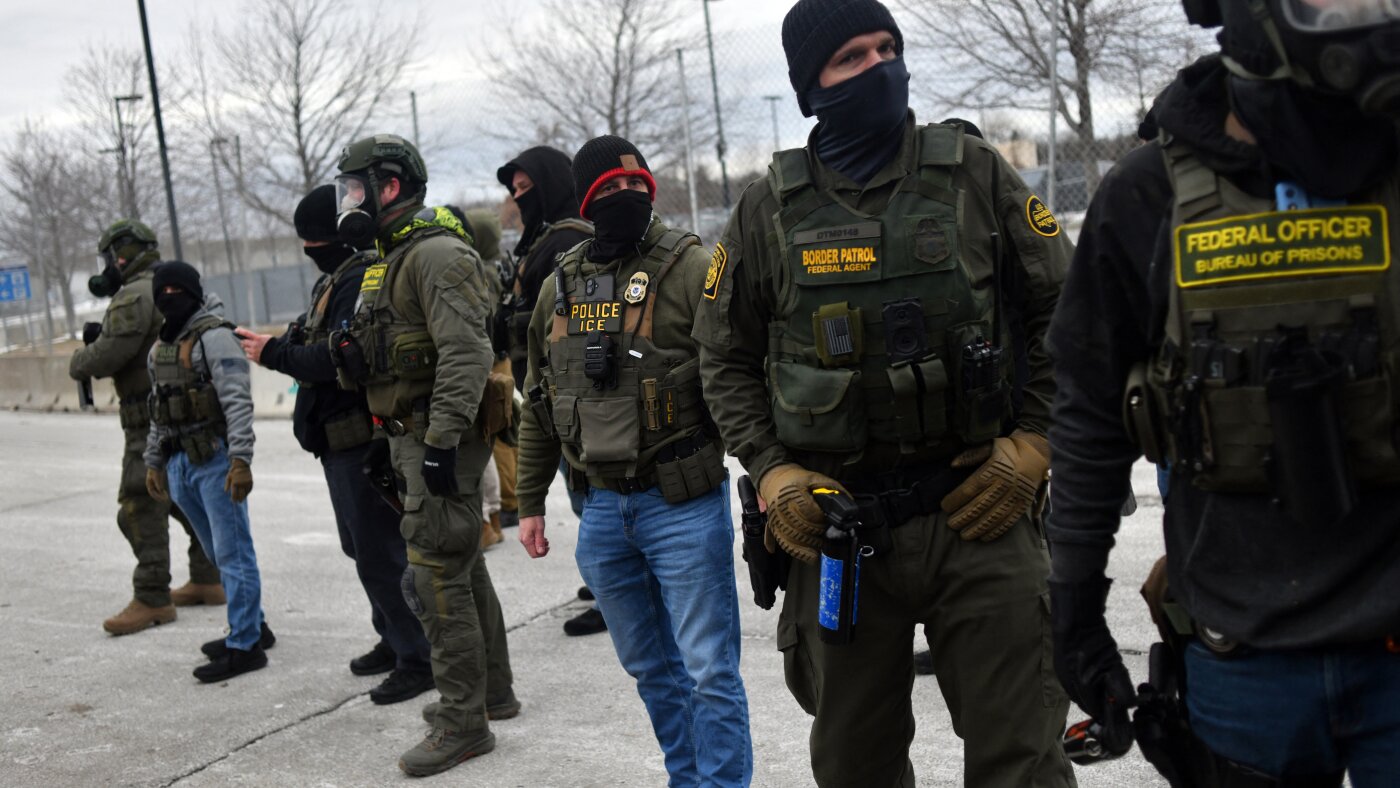The writer is former chief of MI6 and UK ambassador to the UN
In the past two weeks, Israel has used its huge military advantage, underpinned by AI-enhanced intelligence, to overwhelm Hizbollah. The organisation has lost its top leadership and many of the next generation. Its communications system has been destroyed, as have many of its rocket and missile launch sites. This comes after Hamas’s military capacity has been largely dismantled.
It feels like we are witnessing a substantial shift in the balance of power in the Middle East, in Israel’s favour and at Iran’s expense.
Since Hamas’s brutal October 7 assault a year ago, Iran has been loud on rhetoric but has done little of substance to protect the militias it helped build up. In his UN speech, President Masoud Pezeshkian put the priority on lifting sanctions — a goal diametrically opposed to getting involved on Hizbollah’s behalf. Iran’s vice-president for strategic affairs, Mohammad Javad Zarif, said recently that supporting the Palestinians didn’t mean going to war for them. Iran seems cowed, lacking the will and military capacity to respond and not prepared to risk instability at home as it enters an uncertain leadership transition.
Israel has smelled the weakness in Tehran and is driving home its advantage. No one should feel sorry for Hizbollah — for over 40 years, it has used violence to accumulate power in Lebanon. Those who live by the sword die by the sword.
How will Hizbollah respond now it has been brought to its knees? It still has the much-vaunted precision missiles which could strike at Israeli cities. Iran may be holding Hizbollah back as these were provided as a deterrent against an Israeli strike on Iran’s nuclear facilities. We don’t know if Iran has a dual key over their use. But if Israel starts to destroy the missile arsenal then Hizbollah may face a “use it or lose it” moment.
Widespread Israeli civilian deaths would probably trigger a ground invasion by Israel, which some in Hizbollah might relish — a chance to even the scores in the hostile terrain Israeli forces would have to advance through. For that reason, Benjamin Netanyahu would probably prefer to keep his troops on Israel’s side of the border rather than marching to Beirut’s southern suburbs and to the Bekaa Valley where Hizbollah’s most deadly missiles are probably located. A more limited advance to the Litani River is possible but would leave Israel half in and half out, with no exit strategy.
An alternative path for Hizbollah would be a resort to international terrorism. When well-organised regional groups lose their leadership, a more extreme and violent entity can take their place. Isis emerged after more sophisticated opposition groups in Iraq and Syria were dismantled. Killing seasoned political leaders like Hassan Nasrallah and Hamas’s Ismail Haniyeh is a gamble for Israel but one it seems ready for.
Tough military action against Iranian-backed militias dovetails neatly with Israel’s politics, which lean further and further to the right. Enduring stability for Israel will ultimately only come with a political solution in the region. But the same domestic dynamics that are driving Netanyahu to press home Israel’s advantage make a broader political settlement more distant. The best time to engage in a political process is when you are strong and your enemies are weak. But the make-up of Israel’s ruling coalition makes a political initiative with the divided and badly led Palestinians hard to conceive.
It is usually the Americans who try to midwife political progress in the region. But the Biden administration’s power — never very strong in the Middle East — is wilting. It takes months for a new administration to decide on its priorities, and the approaches of Donald Trump and Kamala Harris would be very different. Meanwhile, the Middle East will remain tense and volatile.
One actor we have heard little from in the past year is Syria. The Syrian regime used to be the arbiter in Lebanon and was willing to kill any Lebanese politician who didn’t bow to diktats from Damascus. The regime is now much weaker after the civil war and Bashar al-Assad is not a patch on his father when it comes to political power plays. But Syria remains relevant as an ally of Iran, Russia and Hizbollah, and a crucial link in Hizbollah’s supply chain.
Although Hizbollah helped the Assad regime survive in 2013-14, Damascus will want to stay aligned with Iran if it can. It also has bitter memories of the 1982 Lebanon war when the Syrian air force intervened only to be destroyed by Israel. With Iran and Syria focused on their own issues, only the distant Houthis seem up for attacking Israel, so far to little effect. This may be the start of the final chapter for the Axis of Resistance.









































